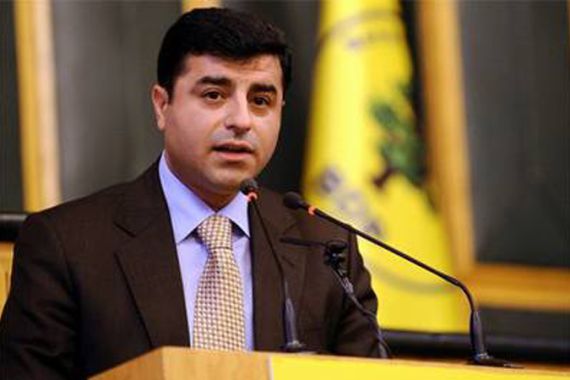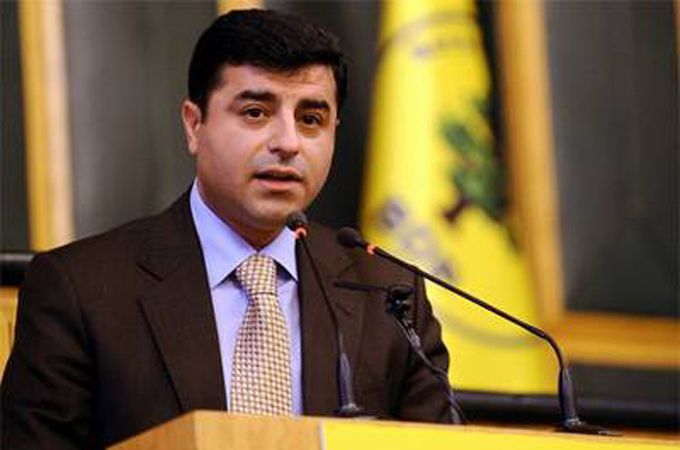Profile: Selahattin Demirtas
Demirtas, a Kurdish politician, has served time for alleged collaboration with Turkey’s rebel Kurdistan Workers’ Party.

 |
| Demirtas was sentenced to 10 months in prison for alleged links to outlawed Kurdistan Workers’ Party [GALLO/GETTY] |
Selahattin Demirtas, 38, a Kurdish politician, became the chairman of the Kurdish Peace and Democracy Party (BDP) in January 2010.
| Turkish Elections: Party list |
|
Fifteen parties will field candidates in Sunday’s elections, according to Turkish electoral authorities. Independent candidates, notably those representing the pro-Kurdish Peace and Development Party (BDP) will also stand in many areas. |
He graduated from the Ankara University Law Faculty. He is on the board of directors of the Diyarbakir branch of the Human Rights Association (IHD).
Demirtas was elected to the Turkish parliament in the 2007 election as a representative for Diyarbakir and the Democratic Society Party (DTP), which eventually reformed as the BDP.
In September 2010, he was sentenced to 10 months in prison for alleged links to the Kurdistan Workers’ Party (PKK), which is banned and considered a terrorist organisation in Turkey.
Demirtas emerged as a leader of the BDP’s civil disobedience campaign during the 2011 Kurdish protests in Turkey, which he compared to concurrent protests in the region, especially the revolution in Egypt.
One protester was shot dead during clashes between police and demonstrators in southeast Turkey last month, after a dozen Kurdish politicians were barred from contesting a national election.
Threatened boycott
The BDP had threatened to boycott the June 12 parliamentary poll over the bans, and Demirtas backed out of meeting with Abdullah Gul, the Turkish president, due to the shooting.
Gul had invited Demirtas for talks to defuse tensions that flared after the High Election Board barred candidates because of criminal convictions, some due to links to rebel groups, notably the outlawed PKK.
Recep Tayyip Erdogan’s ruling AK Party, which is expected to win a third successive term, runs second to the BDP in the southeast, despite the prime minister’s efforts to improve rights for ethnic Kurds.
